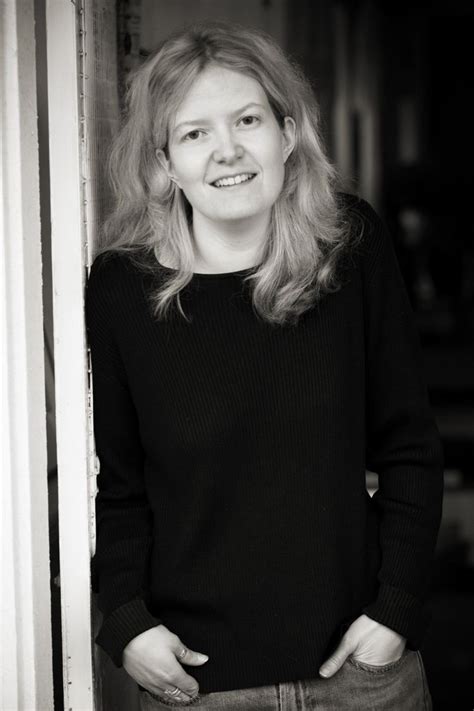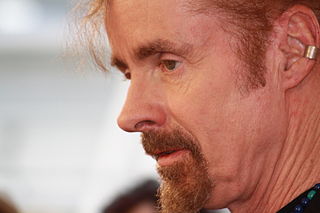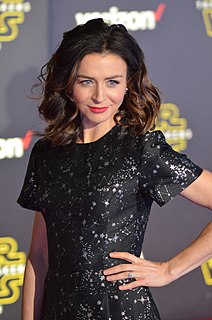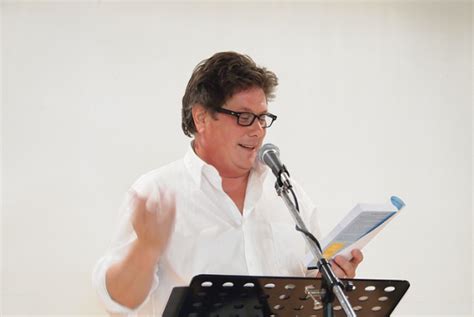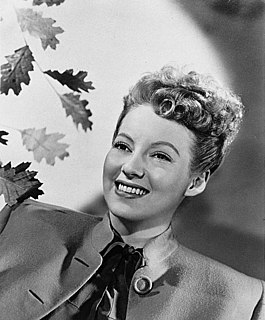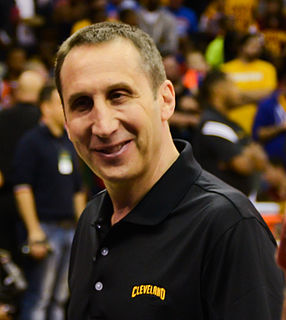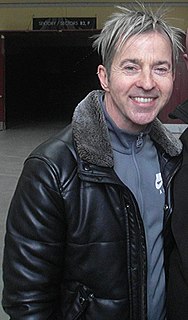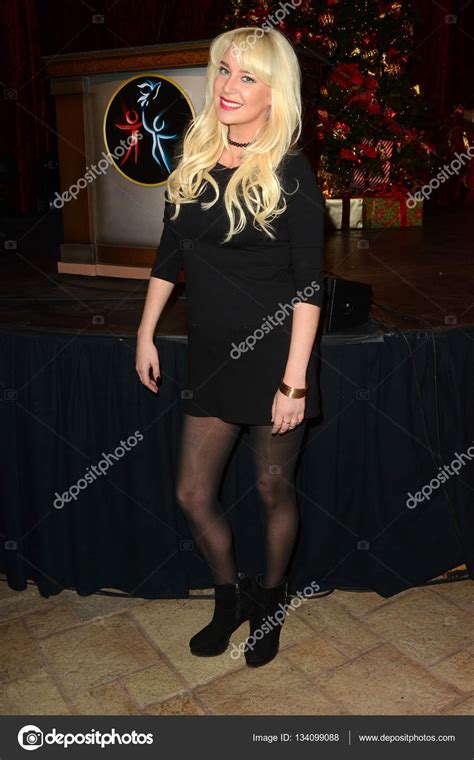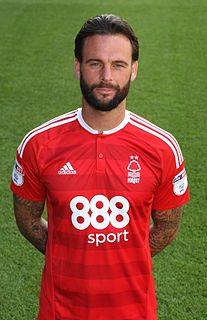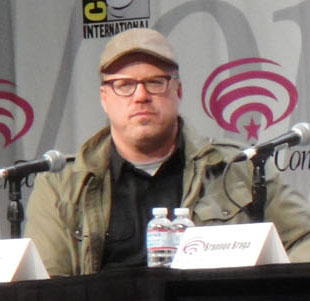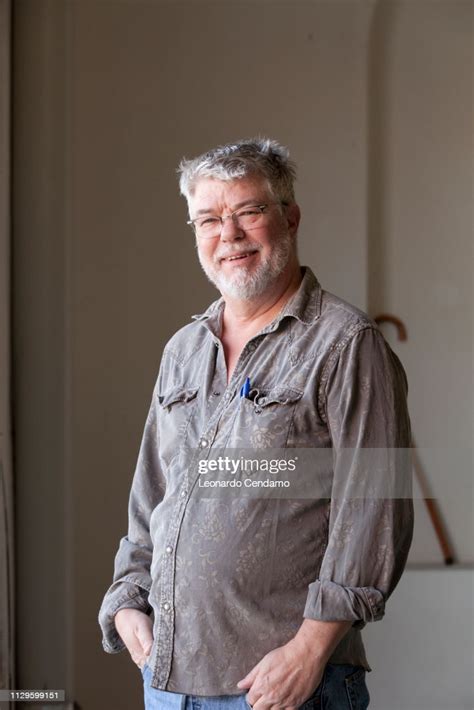Top 1200 Never Ending Story Quotes & Sayings
Explore popular Never Ending Story quotes.
Last updated on November 25, 2024.
I would like to believe this is a story I’m telling. I need to believe it. I must believe it. Those who can believe that such stories are only stories have a better chance. If it’s a story I’m telling, then I have control over the ending. Then there will be an ending, to the story, and real life will come after it. I can pick up where I left off.
What drew me to Batman in the first place was Bruce Wayne's story, and that he's a real character whose story begins in childhood. He's not a fully formed character like James Bond, so what we're doing is following the journey of this guy from a child who goes through this horrible experience of becoming this extraordinary character. That, for me, became a three-part story. And obviously the third part becomes the ending of the guy's story.
When I was three and a half years old, I heard my big sister tell my mum that at school that day all the kids sat on the floor and watched 'The Neverending Story.' Having never heard of the movie, I concluded that this was what school must be: sitting cross legged on the floor listening to a never-ending story. Page after page.
The Work always leaves you with less of a story.
Who would you be without your story?
You never know until you inquire.
There is no story that is you or that leads to you.
Every story leads away from you.
Turn it around; undo it.
You are what exists before all stories.
You are what remains when the story is understood.
I can't really write anything without knowing the ending. I don't know how people do that. Even with my superhero stuff, I have to know at least where I want to take the characters and what the ending of my story with them will be. I just can't structure stories or character arcs and stuff without knowing the endpoint.









